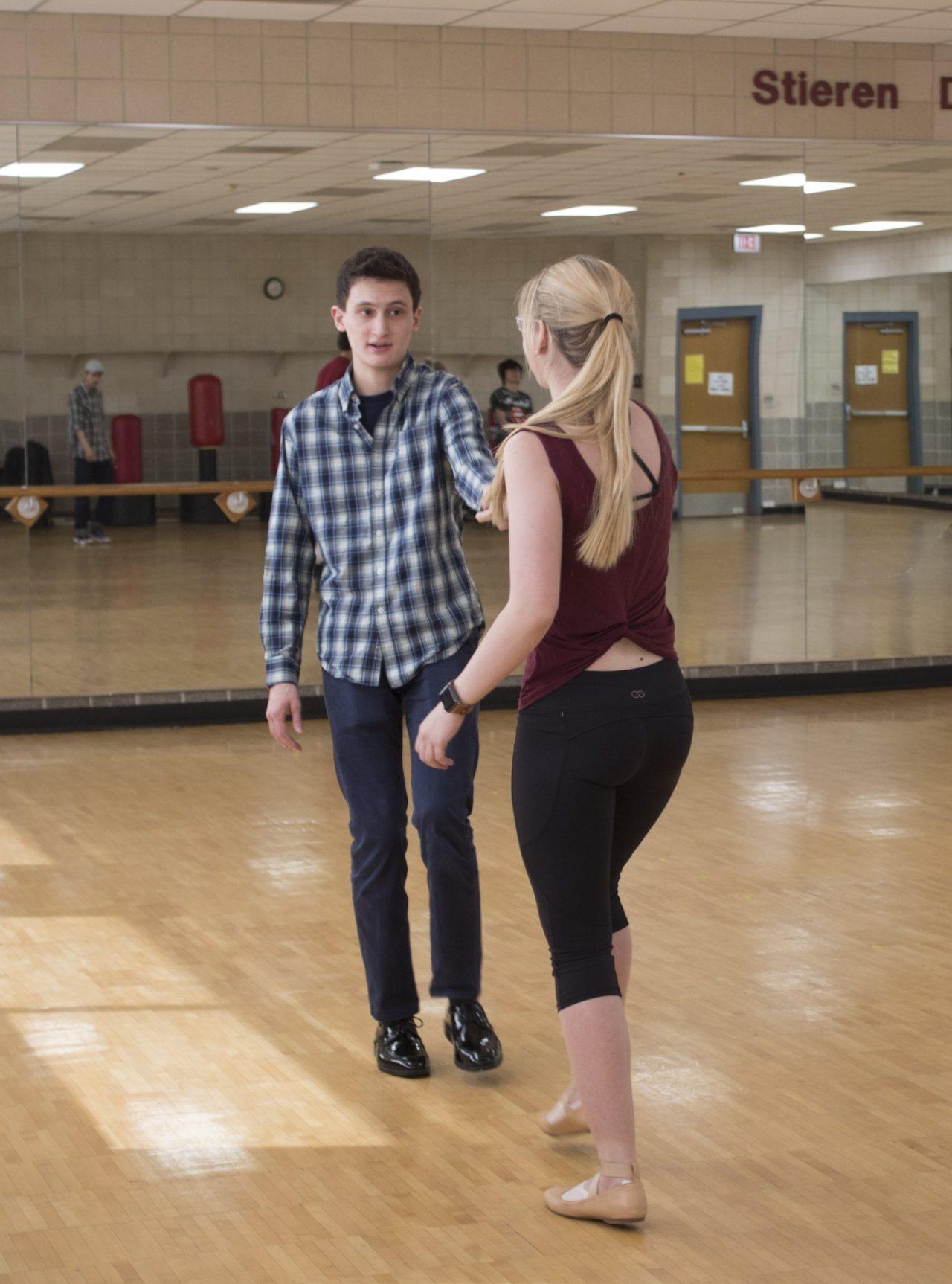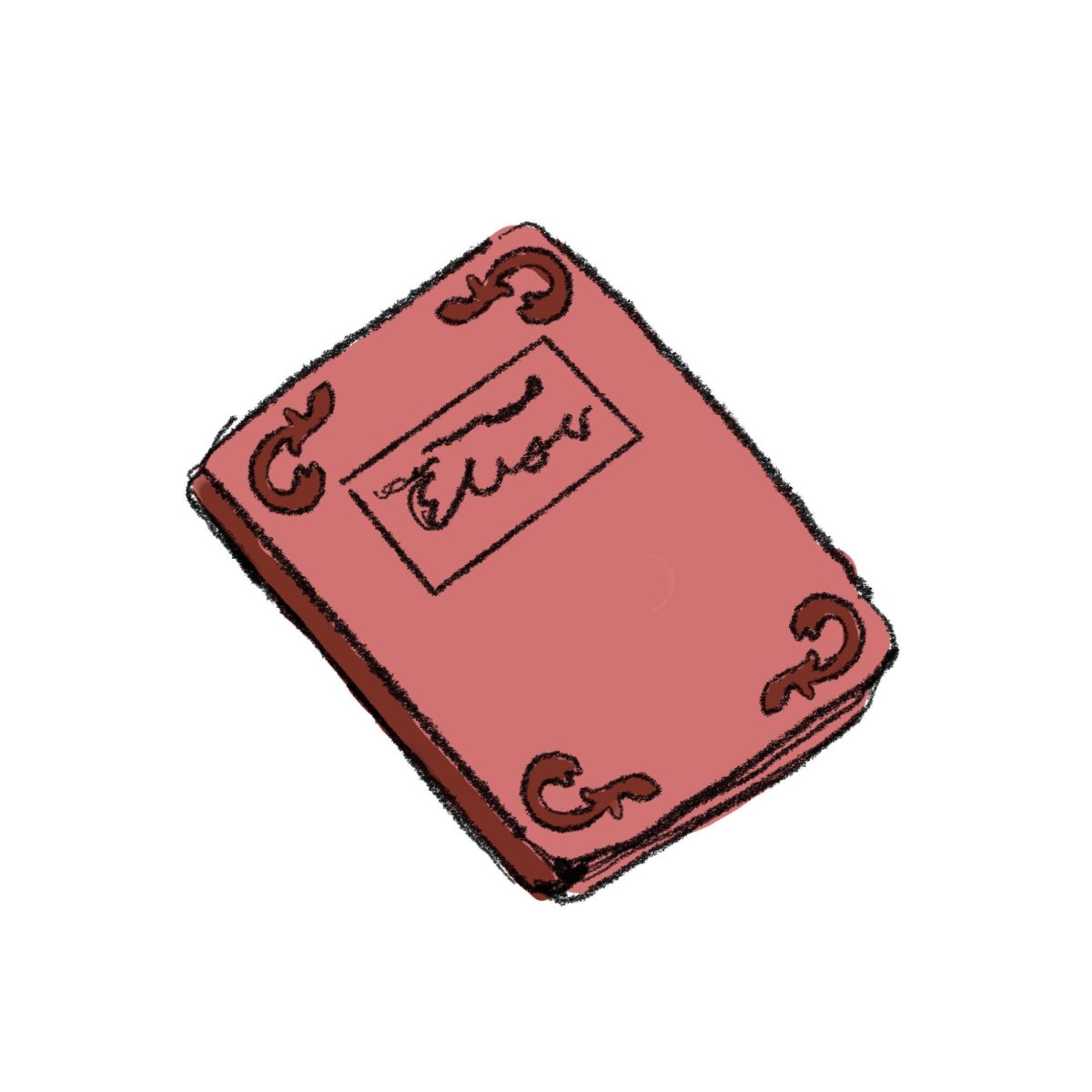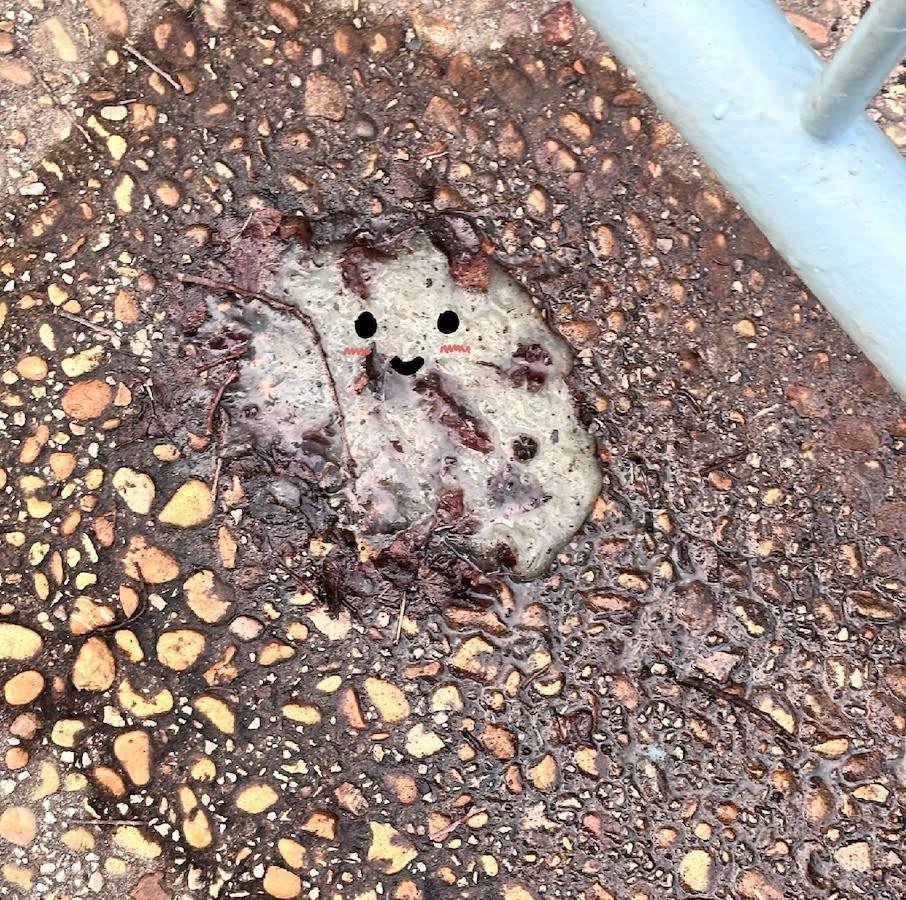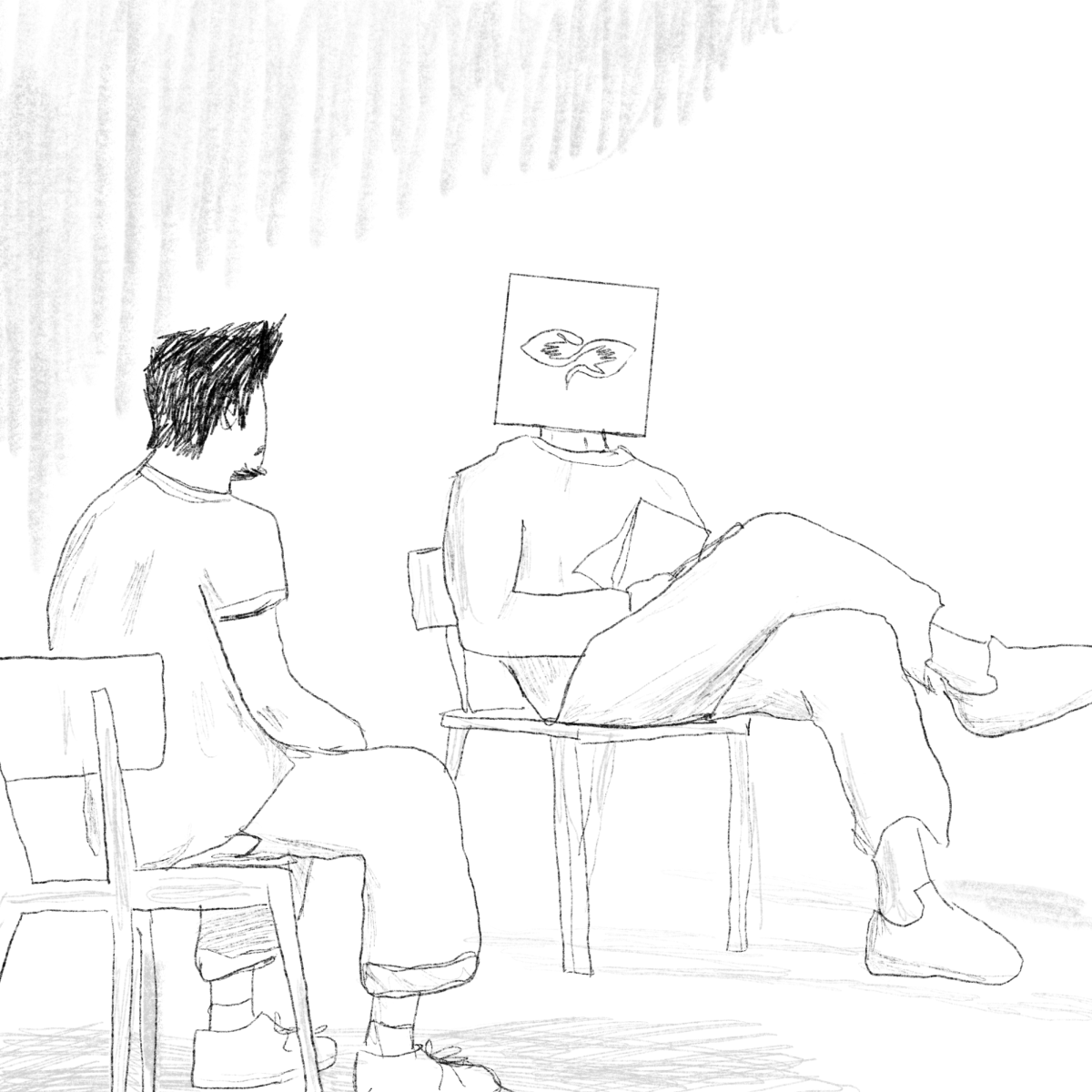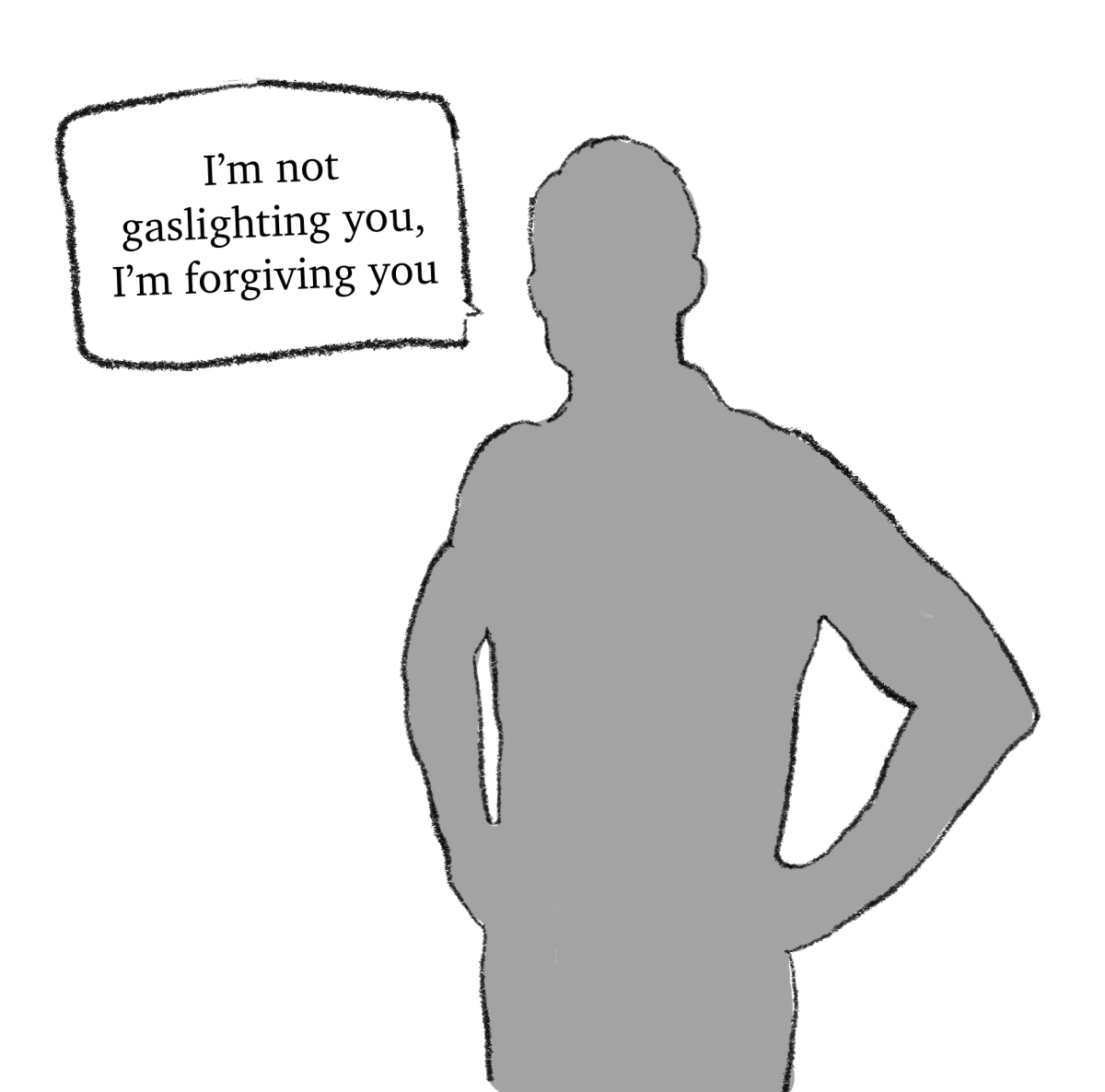Photo by Matthew Claybrook
Trinity is full of unique classes, but some are more unique than others. If you want to explore the social mechanics of the high seas or just learn a good Texas two-step, these classes are ones to keep on your radar.
Pirates, Merchants and Marines
Pirates, Merchants and Marines, which counts for classics or anthropology credit, is taught every other semester by Nicolle Hirschfeld in the Department of Classical Studies. The course focuses on the techniques of maritime archaeology, but also draws from diverse fields such as engineering and art history to examine how people in the ancient Mediterranean world communicated via maritime travel.
The word “pirates” draws in many students each semester.
“We definitely talk about pirates in the class, but it is one aspect of the many people who lived on the sea,” Hirschfeld said. “I’m really interested in how people from different cultures got along … The sea was both a highway of communication and a barrier to communication.”
Hirschfeld has taught this course since she was a graduate student. For Hirschfeld, an underwater archaeologist, studying sea travel brings up important questions about cultures.
“[Studying] and [teaching] about the ancient world and seafaring is fascinating because it’s a way of looking into what changes people’s minds and what makes people more rigid,” Hirschfeld said. “What is it that people from different cultures take away from those interactions, and what is it that reinforces for them who they are originally?”
Fencing
According to Grant Peterson, a sophomore who took Fencing I last semester, fencing instructor Stephen Reyna began last fall’s semester of Fencing I with an unexpected question.
“He started off the class with asking everybody, ‘Who came down here because they wanted to become a pirate?’ And then people raised their hands. ‘Who came down here because they wanted to be a ninja?’ People raised their hands, things like that just made [the class] a lot of fun,” Peterson said.
Over the course of the Fencing class, which Reyna teaches every semester, students learn footwork and blade technique. Fencing against classmates is a major component, but there are also group competitions.
Peterson appreciated Reyna’s sense of humor.
“[Reyna] was joking when it was appropriate for joking, and he was serious when it was serious, and he made [the class] really enjoyable.”
Community Gardening
This one-hour course, taught every semester by sustainability coordinator Sharon Curry and co-led by senior biology major Olivia Roybal, gives students a hands-on experience with planting, weeding and tending to Trinity’s community garden, which is located next to the Storch Memorial Building.
Students enrolled in the class grow food in the community garden based on the season.
“Today we harvested radishes and carrots,” Roybal said.
Roybal recommends the class as a way to become more connected with the natural world and with local food sources.
“Even though the garden doesn’t produce that much food, it can help you get in touch with what it means to grow food, and how special produce is,” Roybal said.
The Folk Ecology of Feng Shui
According to Stephen Field, professor of Chinese in the department of modern languages and literatures, this may be the first time that feng shui has been taught as a college course in the US.
“Feng shui is kind of like astrology, it’s a pseudoscience, so just like you would not see a course on astrology …you’re probably not going to see one on feng shui unless you can link it to a philosophical worldview,” Field said.
Field introduced some feng shui concepts that students will learn about.
“The Chinese believe that the human body is a microcosm of the world, so the blood veins and arteries of the human body are equivalent to the rivers and streams of the world,” Field said. “Feng shui is an attempt to locate that flow in the earth. … If you’re able to find the flow of chi, then you can build your home there and you will benefit from that flow.”
Field teaches feng shui as it relates to ecology, the study of the how organisms interact and relate to their environment.
“Since people are paying so much more attention to ecology now, people have realized that the Chinese had kind of a ‘folk ecology’ worldview based on this practice of feng shui for centuries, if not millennia,” Field said.
Students will put feng shui concepts into practice for their projects, analyzing the feng shui of their parents’ homes, as well as their dorm rooms.
Country/Western Dance
Country/Western Dance I and II, taught every semester by dance instructor Jeremy Zipagan, teaches students country dances such as the cotton eye joe, the schottische and the 10-step polka. In addition, students learn dance technique such as rhythmical analysis and techniques of leading and following.
Junior Delia Rogers took Country/Western Dance I last fall. Rogers enjoyed the class and uses her dancing skills by going to Cowboys Dance Hall with her friends.
“Line dance week was absolutely my favorite week,” Rogers said. “[Zipagan] was teaching us to put our own flair on it and showing us opportunities to do that, but making sure that we were in a place where the line dance was being played, we could do it.”
While the add/drop period has already passed, most of these courses will be offered in future semesters.

